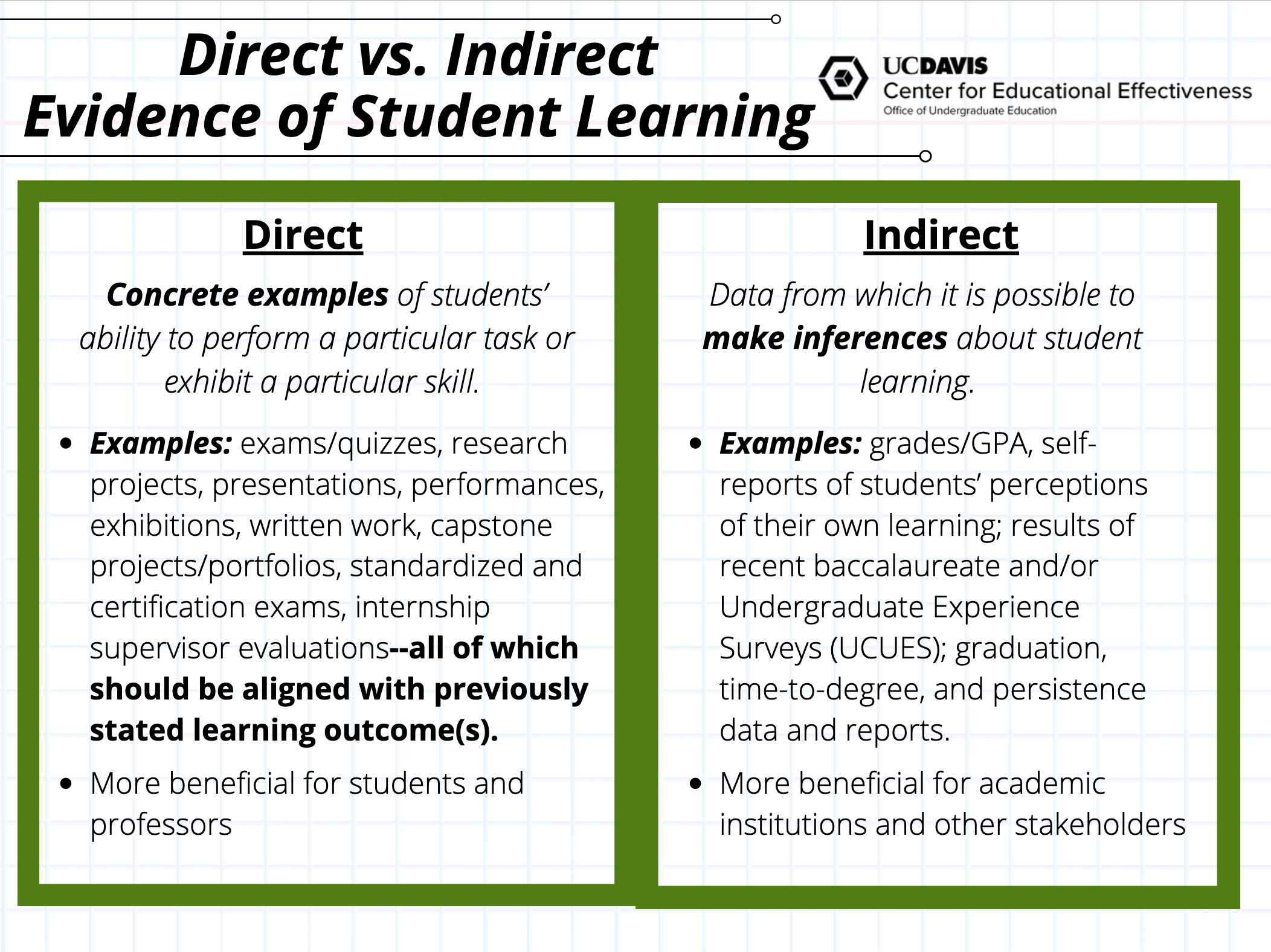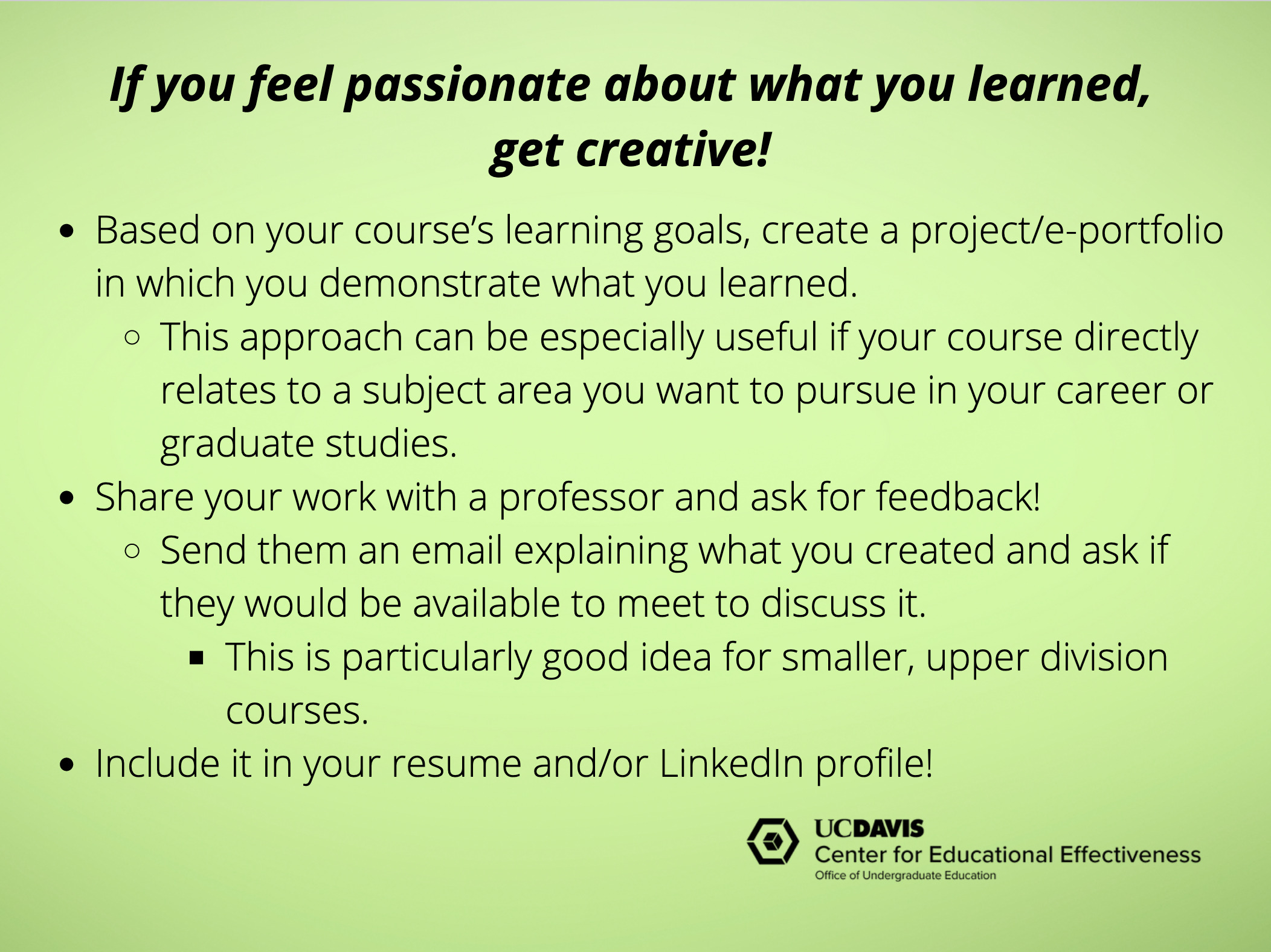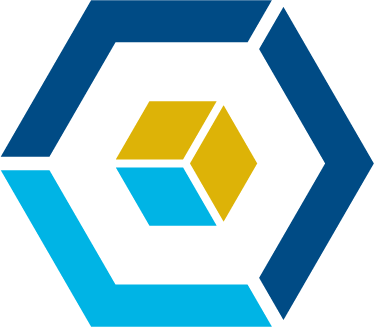Student Assessment Resource Page
Assessment made student-friendly!
The Student Resource page aims to provide students with tips and resources about student learning outcomes assessment. As Student Assessment Researchers (StARs), we have learned about our own learning through the lens of assessment and realize that there is a lot of information that can benefit students.
“Assessment is designed to make sure students get the best possible education, not merely to assess what they've learned. They make clear why the assessments are being conducted, who will use the resulting evidence of student learning, what questions the evidence will help answer, and what decisions the evidence will inform” (Suskie, 2018, p. 97).
The StARs would like to welcome you into the world of assessment:
As mentioned in the video, assessment is defined as the process of articulating expectations for student learning, checking to see when / whether / and how the learning happened and acting on what we learn.
“Assessment helps us understand the significance of [institutional/program] changes and make sense of this messy thing we call learning. It’s a way to give sound to the learning of our students, to track their journeys, and to understand what it all means" (Penn, 2018).
Important Aspects of Assessment:
As a student, it is important to understand assessment from a few different standpoints. We will focus on three aspects:
- 1. What kind of evidence do students use to demonstrate their learning?
-

- 2. How do Course Learning Outcomes make assessment clear?
- Watch this video to get a full introduction on Course Learning Outcomes. In this video we articulate what Course Learning Outcomes are, what they look like, how you find them, and why they are important for your learning!
In addition to knowing Course Learning Outcomes, you might want to think about how to demonstrate what you've learned:

While course learning outcomes helps you map out what you need to know on a class-to-class basis, we recommend that you check out your major's learning outcomes. Keeping your major's (or Program) Learning Outcomes in mind will provide a holistic overview of the concepts you need to master by the end of your major.
Need help finding your program learning outcomes for your major? Follow the link with your respective college to learn more:
College of Agricultural and Environmental Sciences
College of Biological Sciences
College of Engineering
College of Letters and Science - 3. How is peer assessment implemented as an assessment tool?
-
We believe that being involved in assessment is an important part of being a student. As a stakeholder of your education, it is important to understand whether you are learning what you expect and what you're expected to. Understanding how your learning is assessed can help you know that you are learning, because it is an opportunity for you to demonstrate your learning.
In other words, assessment can be your personal tool to make sure that you are on the right track to a successful learning experience. Students who understand what is expected of them are better prepared to assess their own knowledge, seek help when necessary, and are able to track their progress toward successful and timely degree completion.

